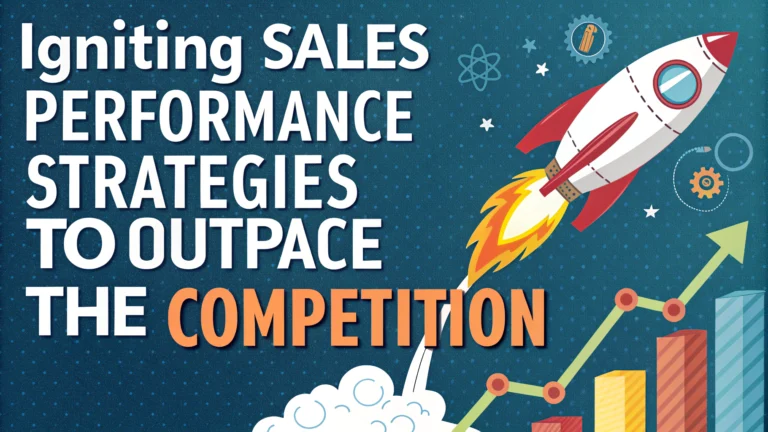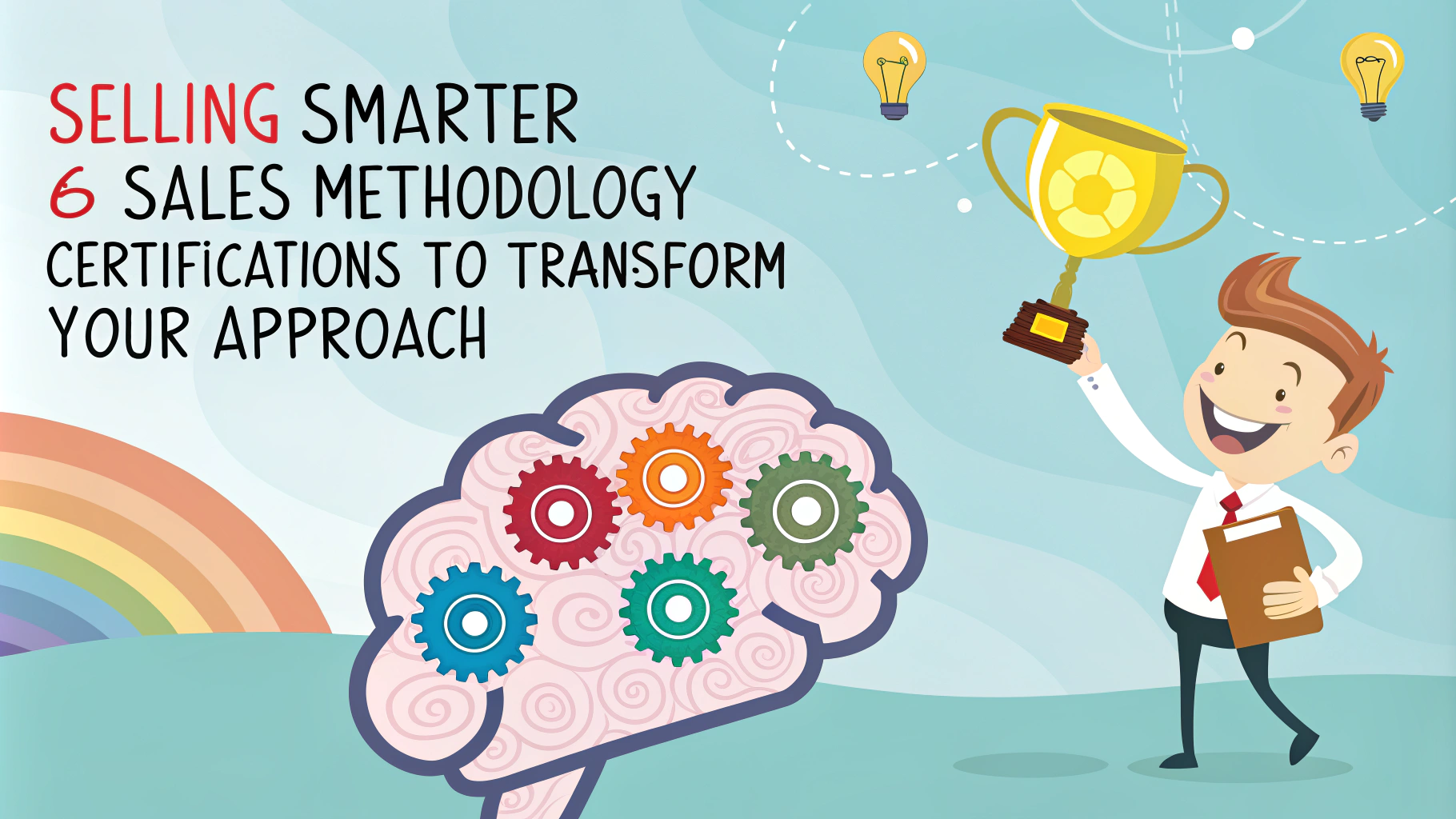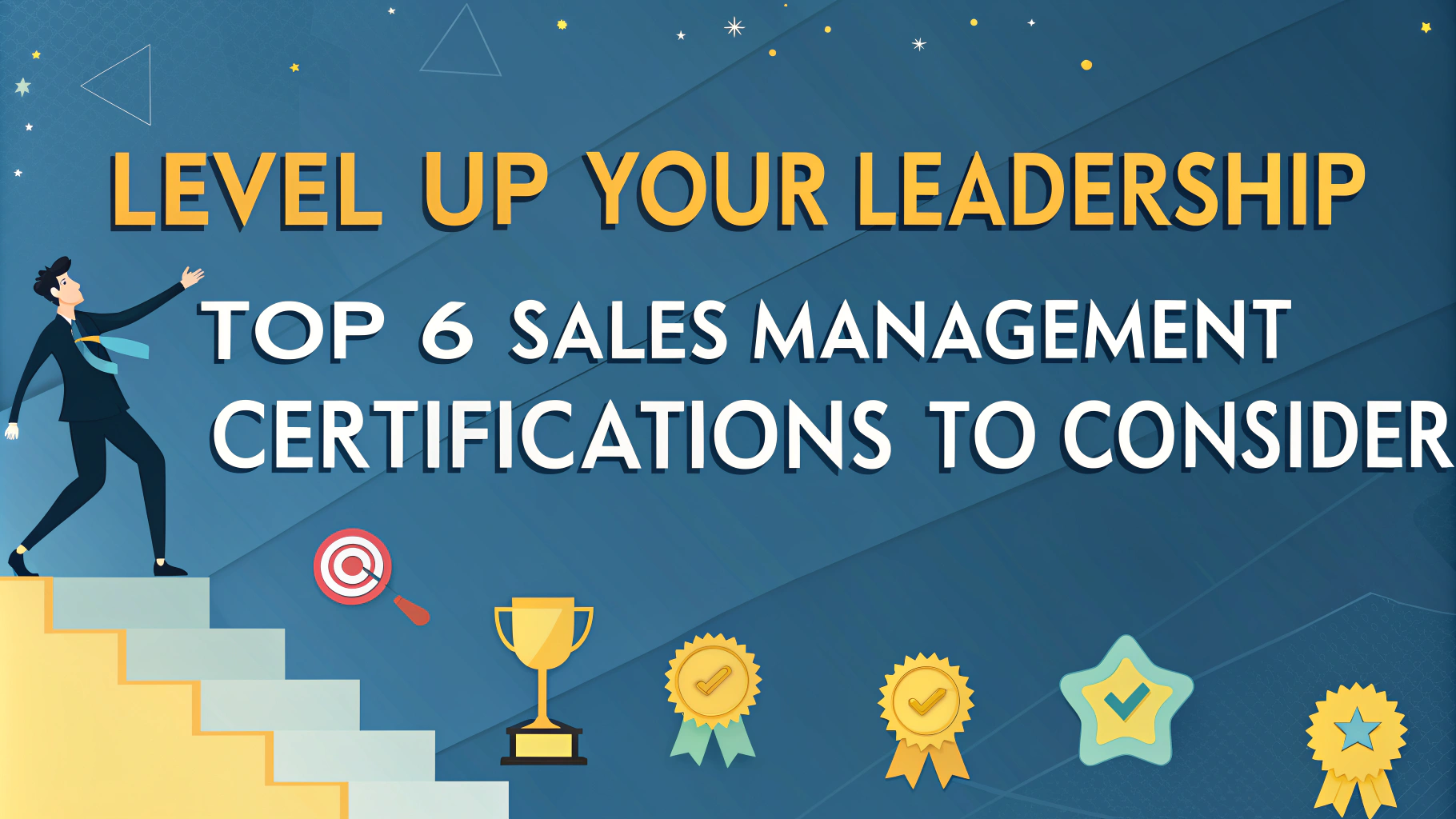Sales performance is the lifeblood of any business. Effective strategies can significantly impact a company’s bottom line.
This guide explores practical approaches to enhance sales results, drawing from proven techniques and industry insights.
We’ll delve into key areas that contribute to sales success, from goal setting to performance management.
Setting Clear Sales Goals
Establishing clear, measurable sales goals is fundamental to driving performance.
Effective goals should be specific, time-bound, and aligned with overall business objectives.
Consider using the SMART criteria when setting goals:
- Specific: Clearly define what needs to be achieved
- Measurable: Quantify the goal for tracking progress
- Achievable: Ensure the goal is realistic and attainable
- Relevant: Align the goal with broader business objectives
- Time-bound: Set a deadline for achieving the goal
Regularly review and adjust goals based on market conditions and performance data.
Implementing Effective Sales Processes
A well-defined sales process provides a roadmap for success and consistency across the sales team.
Key elements of an effective sales process include:
- Prospect identification and qualification
- Initial contact and needs assessment
- Solution presentation and proposal
- Objection handling and negotiation
- Closing the sale
- Follow-up and customer retention
Regularly evaluate and refine your sales process to adapt to changing market conditions and customer needs.
Consider using customer relationship management (CRM) tools to streamline and automate parts of the process.
Enhancing Sales Skills through Training
Continuous training and development are crucial for maintaining a high-performing sales team.
Focus on developing key skills such as:
- Active listening and effective communication
- Needs analysis and solution selling
- Objection handling and negotiation techniques
- Time management and prioritization
- Product knowledge and industry expertise
Utilize a mix of training methods, including workshops, role-playing exercises, and online learning platforms.
Encourage peer-to-peer learning and mentoring programs within the sales team.
Leveraging Technology for Sales Success
Modern sales teams can benefit significantly from leveraging technology to enhance productivity and effectiveness.
Key technologies to consider include:
- Customer Relationship Management (CRM) systems
- Sales analytics and reporting tools
- Sales enablement platforms
- Social selling tools
- Video conferencing and virtual meeting software
Ensure proper training and support when implementing new technologies to maximize adoption and effectiveness.
Regularly assess the ROI of your sales technology stack and make adjustments as needed.
Implementing Performance Management and Incentives
Effective performance management and incentive systems can drive motivation and results in sales teams.
Key elements of a successful performance management system include:
- Regular performance reviews and feedback sessions
- Clear performance metrics and KPIs
- Transparent and fair evaluation processes
- Personalized development plans
- Recognition and rewards for top performers
Design incentive structures that align with overall business goals and promote desired behaviors.
Consider both financial and non-financial incentives to cater to diverse motivational factors within your team.
Conclusion
Improving sales performance requires a multifaceted approach, combining clear goal-setting, effective processes, continuous skill development, and strategic use of technology.
By implementing these strategies and regularly evaluating their effectiveness, organizations can create a high-performing sales culture that drives sustainable growth.
Remember that success in sales is an ongoing journey of adaptation and improvement, requiring commitment from both leadership and individual team members.





